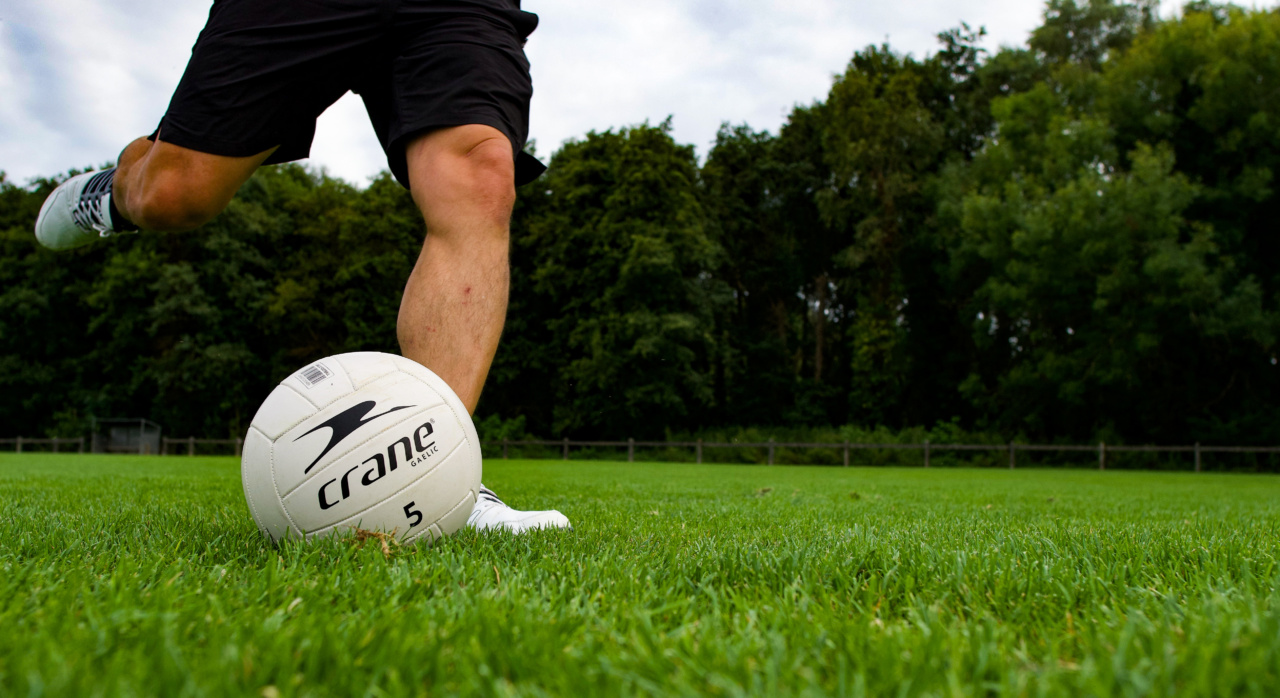Dizziness, or lightheadedness, is a common symptom that can occur during exercise. It is a feeling of unsteadiness or wooziness that can range from mild to severe and can impact your ability to perform physical activity.
Dizziness during exercise can be caused by a number of factors, such as dehydration, low blood pressure, or an underlying medical condition. It is important to understand the effects of dizziness on exercise and how to prevent and treat it.
Causes of Dizziness During Exercise
There are several factors that can cause dizziness during exercise:.
Dehydration
Dehydration occurs when your body loses more fluids than you take in. This can happen during exercise when you sweat excessively and do not replenish your fluids. Dehydration can cause dizziness, fatigue, and muscle cramps.
To prevent dehydration, make sure you drink enough water before, during, and after exercise.
Low Blood Pressure
low blood pressure can occur during exercise, especially with sudden changes in position, such as standing up quickly or bending over. This can cause dizziness or lightheadedness.
To prevent low blood pressure, make sure you warm up before exercise and avoid sudden changes in position.
Medical Conditions
There are a number of medical conditions that can cause dizziness during exercise, such as inner ear disorders, heart disease, or diabetes.
If you experience dizziness during exercise, it is important to talk to your doctor to rule out any underlying medical conditions.
The Effects of Dizziness on Exercise Performance
Dizziness can have a significant impact on your ability to perform physical activity. It can cause you to feel unsteady or off-balance, which can affect your coordination and increase your risk of injury.
Dizziness can also cause you to feel fatigued or weak, which can make it difficult to continue with your exercise routine.
Preventing and Treating Dizziness During Exercise
There are several ways to prevent and treat dizziness during exercise:.
Stay Hydrated
Make sure you drink enough water before, during, and after exercise to prevent dehydration.
Warm Up and Cool Down
Start your exercise routine with a gentle warm up to prepare your body for activity and help prevent injury. After your workout, cool down slowly to bring your heart rate back to normal.
Avoid Sudden Changes in Position
Avoid sudden changes in position, such as standing up quickly or bending over, which can cause low blood pressure and dizziness.
Check Your Medications
Some medications can cause dizziness as a side effect. If you experience dizziness during exercise, talk to your doctor about any medications you are taking.
Seek Medical Attention
If you experience severe or persistent dizziness during exercise, it is important to seek medical attention. Your doctor can help determine the underlying cause of your symptoms and recommend appropriate treatment.
Conclusion
Dizziness can impact your ability to perform physical activity and can be caused by a number of factors. It is important to understand the effects of dizziness on exercise, as well as how to prevent and treat it.
By staying hydrated, warming up and cooling down, avoiding sudden changes in position, checking your medications, and seeking medical attention when necessary, you can help prevent dizziness and stay on track with your exercise routine.































